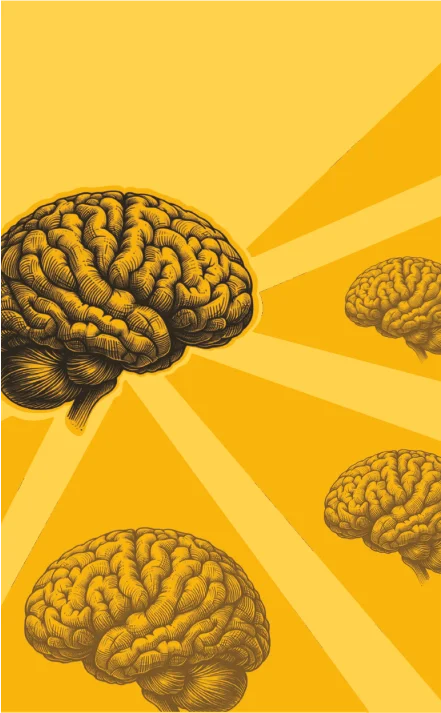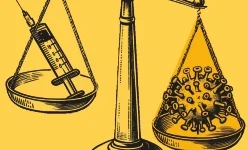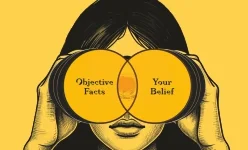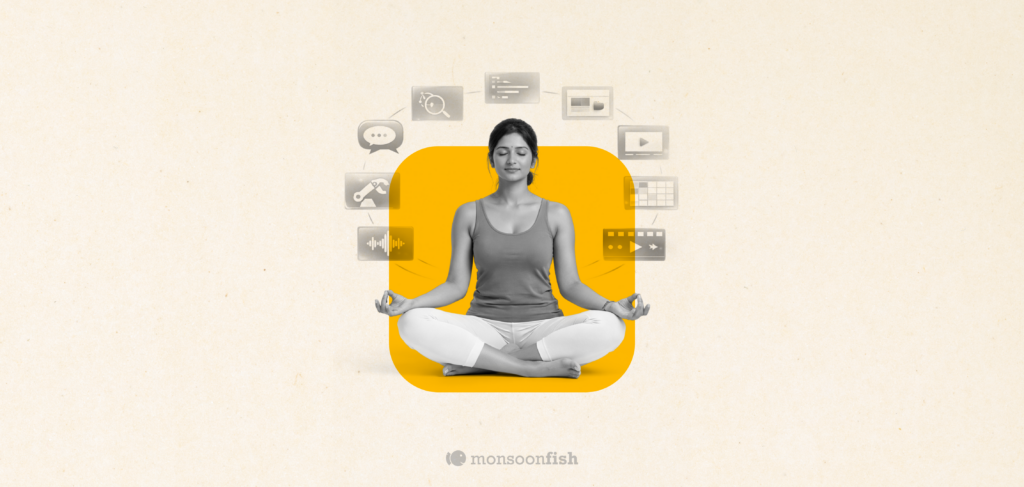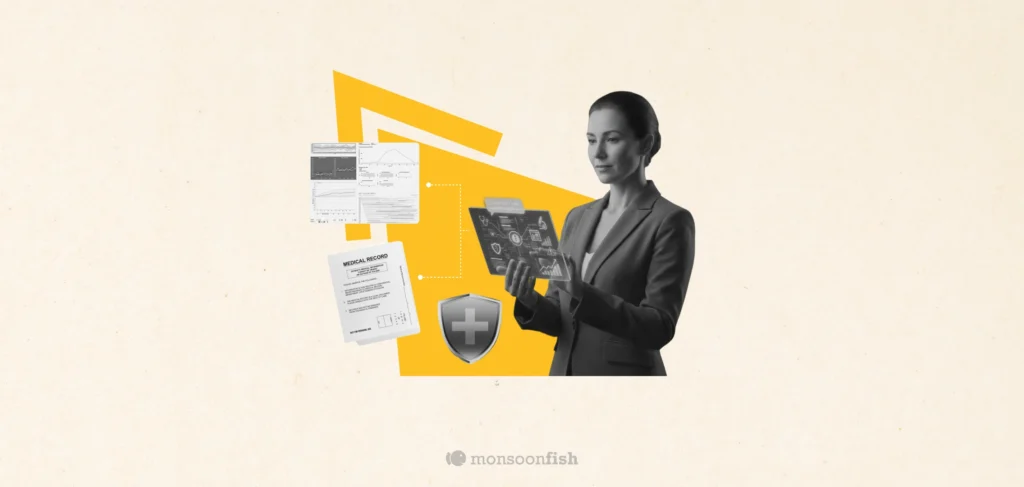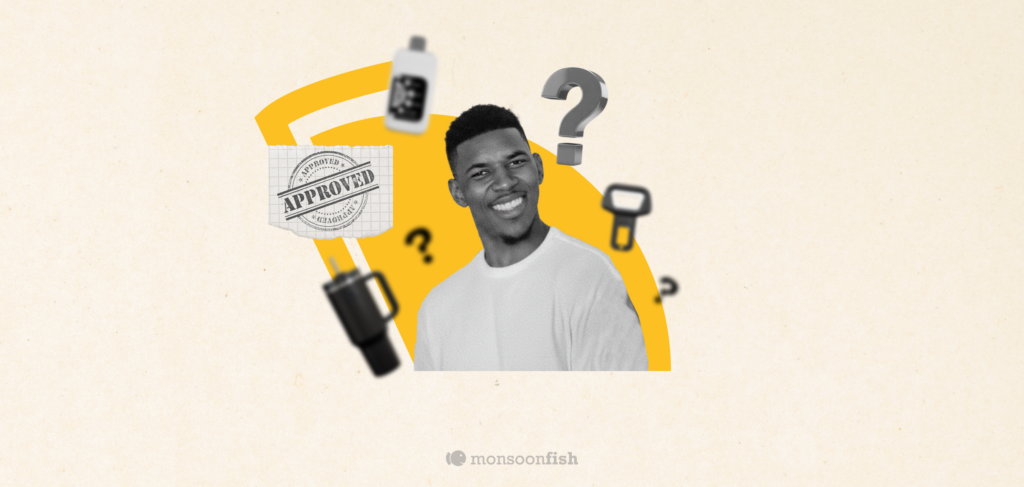Sophie had always considered herself a foodie, particularly passionate about spicy cuisine. Over the years, she had cultivated an adventurous palate, and nothing excited her more than a dish with a generous kick of heat. When she invited a few close friends over for dinner one Saturday night, she decided to make a bold statement with a fiery Indian curry, confident it would impress her guests.
She carefully selected the spiciest ingredients, including a potent mix of chilies and exotic spices, all while imagining her friends’ delighted reactions. Sophie, who loved the heat, assumed everyone else would too—after all, spicy food was universally adored, right?
When her friends arrived, they gathered around the dinner table, and Sophie proudly served the curry. As they began to eat, her friends’ faces subtly changed. First, a few polite coughs, then awkward glances. One friend, Anna, gingerly tasted a bite and quickly reached for water, her face turning bright red. Another friend, Lucas, quietly set his spoon down, looking at Sophie with an expression of disbelief.
Sophie’s heart sank as she realized what had happened—she had projected her own love for spice onto her guests, assuming they would share the same enthusiasm. As the night wore on, she saw that many of her friends were unable to finish their portions, and some even pushed their bowls away.
This is Projection Bias, where Sophie overestimated the similarity between her own tastes and preferences and those of her friends. Because she loved spicy food, she assumed that everyone else did as well. This led to misjudgment, as she didn’t take into account her friends’ varying tastes. Projection Bias often causes misunderstandings by assuming others share our personal perspectives without considering their differences.

